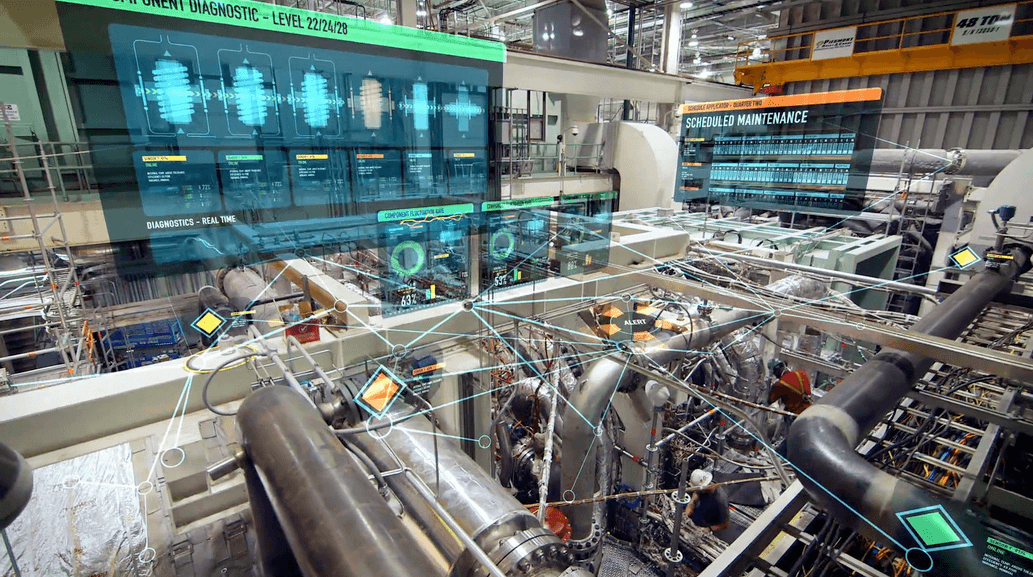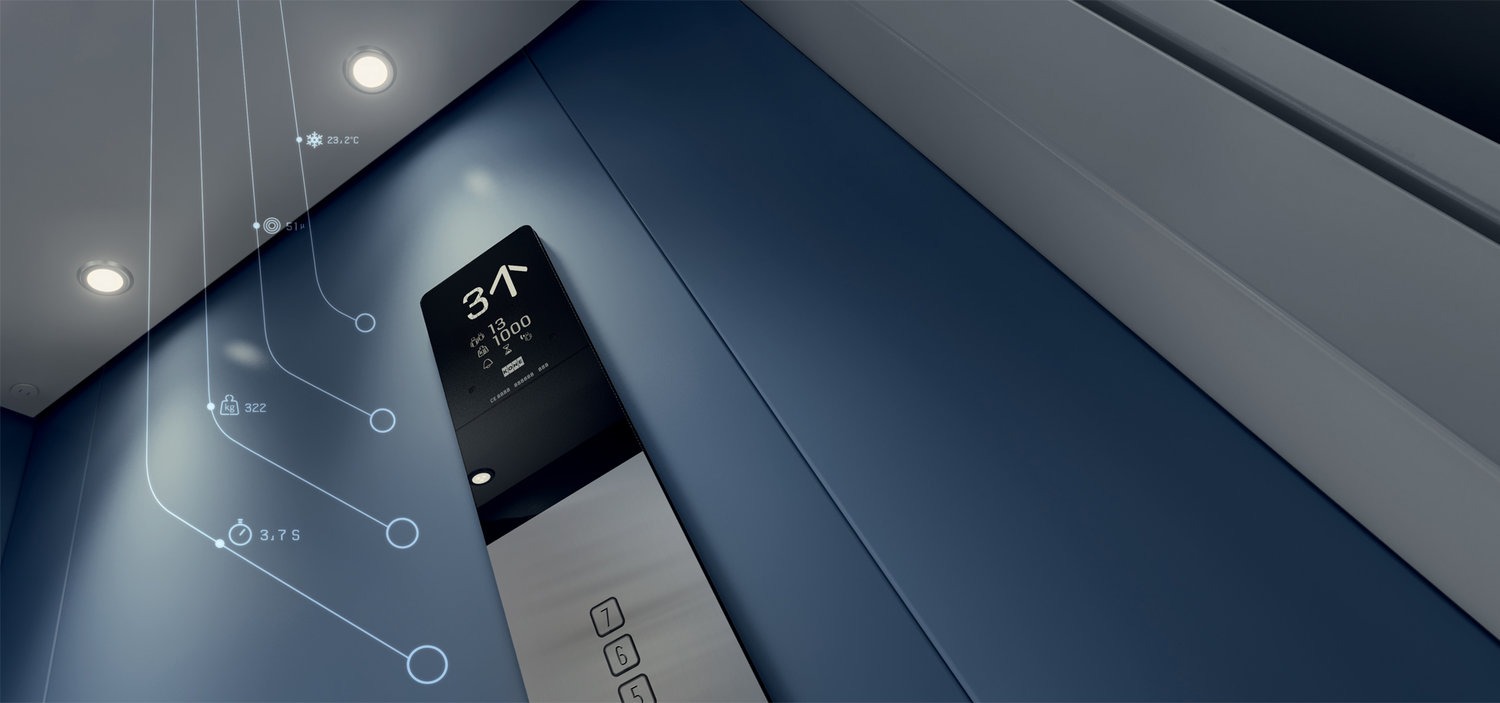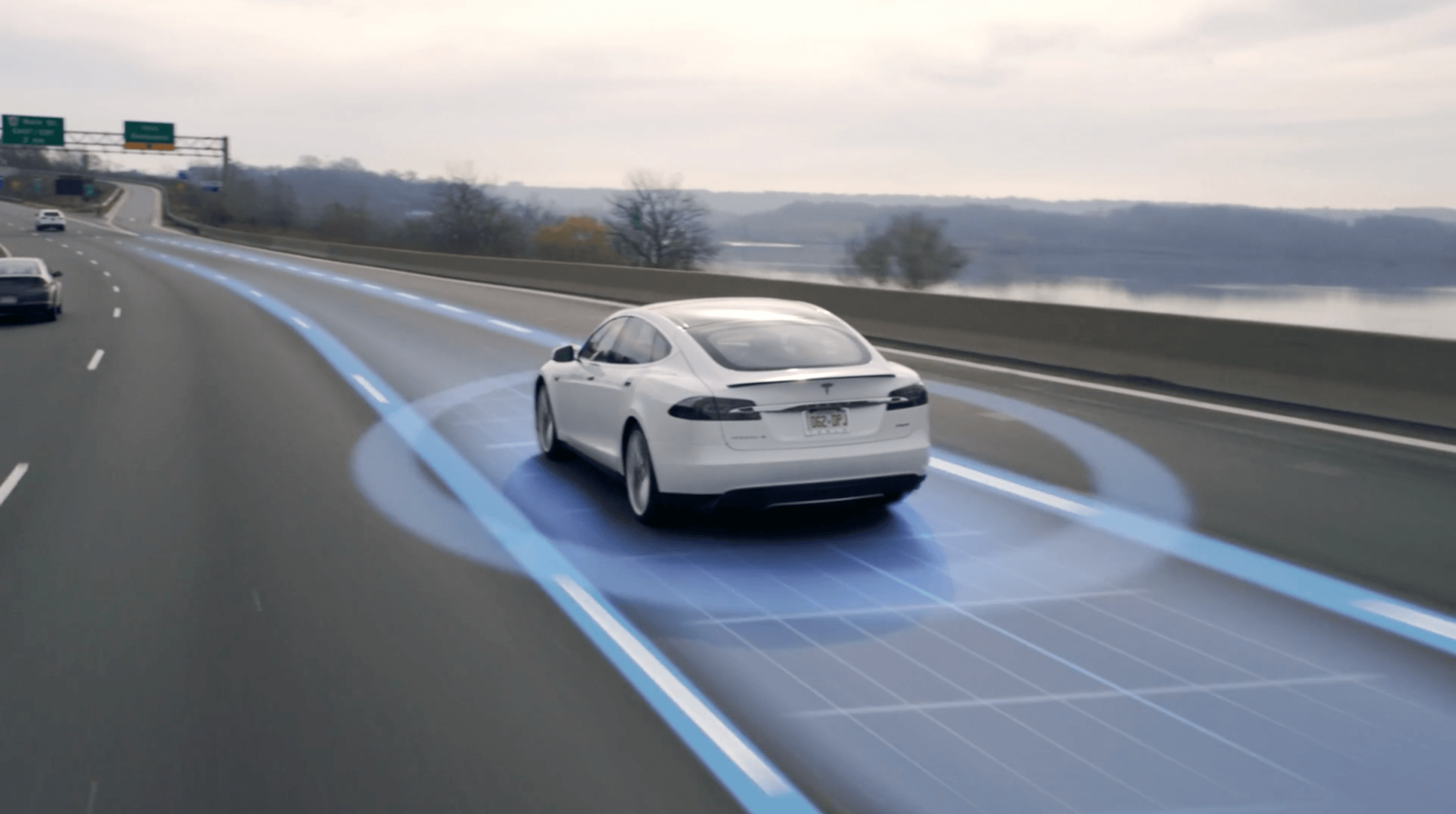What connects Internet of Things and Big Data
These days, it’s not easy to keep up with the fast-changing market standards and stay relevant among disruptive business models. Therefore, more and more companies understand they need to innovate their businesses and rebuild processes to boost efficiency and satisfy demanding customers.
On this path, executives consider adopting new technologies, and IoT and big data are among the hottest to look into right now. However, for non-tech executives, it’s often hard to apply the benefits of Internet of Things or big data technology to their business cases.
In this article, we’ll go through the basics of IoT and big data and learn how these two are connected. This knowledge should help any business, regardless of its size or area, better understand which benefits of adopting digital technology to focus on and give ideas on how to leverage IoT and big data.
The simplest way to understand Internet of Things is to imagine a space where different things—devices, electric appliances, doors and windows—are connected into a network. People can remotely control this network using apps or web applications and get real-time insights on its operation.
Moreover, every connected thing can be equipped with sensors and create data about its condition, functioning and environment and continuously send this data to the backend system for analysis.
This is a very high-level idea of how a connected space could work. Now, what it can do for your business is an entirely different perspective. Here are several benefits of IoT for business:
Contact Digiteum
Connect things, spaces, processes with each other
IoT allows you to connect your things, be it electrical circuits, windows in your office or the whole spaces in a retail store, and make them work together as a network. As a result, this system drives better performance and even unlocks new capabilities.
Suddenly, the circuits can communicate the danger of a fuse and autonomously shut down where needed. Windows in your office “see” the lighting conditions and dynamically adjust saving you tons of money on wasted electricity. A smart retail space follows your customer along the shopping experience and kicks in with the right offer at the right time.
Learn more
About IoT-enabled solutions for saving electricity
Connect people with things
Another benefit of IoT for business is expanded control and management capabilities. Once you connect things, you can get a control system either integrated directly on the devices, put into an app or a web application. Using this system, people can remotely control and operate things.
Provide transparency
Big data and IoT solutions provide you with the unprecedented transparency of your business processes and spaces. Thanks to the streaming data coming from the connected things and spaces and data visualization benefits, you can see how your systems work in real time, determine problem areas and make timely adjustments.
Improve efficiency and reduce expenses
The reason why many businesses are turning their attention to Internet of Things and big data applications is to drive efficiency to their operations and optimize cost as much as possible. Elevated competition and extreme market fluctuations add fuel to the fire and make the adoption of technology a necessity.
Here’s a great example from General Electric (GE), one of the leaders in the IoT market today. The company connected all their machines in every sector—healthcare, transportation, manufacturing—pumps data from the performance of this machinery and uses these insights for operational improvements and redesign. According to GE, this approach will increase the productivity of all GE-enabled organizations by 1.5%, which results in 30% cost saving within 20-year period.

95% of U.S. organizations already use data in one way or another to power their business opportunities, says a recent Experian report. Widespread adoption of IoT in all major industries contributes to this trend and provides management with new sources of real-time and historical data. In fact, it’s estimated that IoT data will account for 10 percent of all the data in the world by 2020.
What can all this data do for business? Here are just a few applications worth looking into:
Gain insights for data-driven decisions
On itself, data can be pretty useless. Companies may generate tons of data, for example, on customer experience or the performance of IT systems. Until it’s properly cleansed, sorted, analyzed and visualized, it’s just a lot of data stored in data lakes.
However, once a company has a system in place, which can turn data into insights, the executives and management get an instrument for business optimization and planning.
Learn more
How to make sense of your data
Predict and prevent
The organization that has IoT and big data analytics integrated into its processes gets a high-value tool to monitor the performance, workflows and environment of its business. Thanks to AI technology, these capabilities grow immensely.
Today, technology companies apply machine learning to provide their clients with predictive analytics. Using huge storage of historical and streaming big data, they train machine learning models to foresee what can happen with IoT-enabled things, connected spaces, environment and people and what a certain sequence of events or actions can lead to.
Cooperation of IBM and KONE is a good example of predictive analytics in action. Using IBM’s Watson IoT Platform and IBM Cloud, Finnish producer of elevators collects big data on its equipment performance, analyzes it in real time and predicts any malfunction or failure before it happens or even shows. As a result, KANO elevators never go out of service and securely deliver more than 1 billion people worldwide to their destinations daily.

This information helps decision-makers prevent unnecessary outcomes and adjust accordingly. For example, thanks to big data analytics, manufacturers can perform predictive maintenance, keep all the machinery running and cut on idle time and lost money. Retailers can predict customer influx, optimize workflows and offers to increase sales. Healthcare professionals can predict flu outbreak, prepare to elevated patient admission and prevent long lines and overcrowded hospitals.
Build future strategy based on data
Predictive maintenance and rapid response are not the only benefits of AI-powered IoT and big data analytics. Using these technologies, executives get the information useful both in the foreseeable future and many years later.
Big data analytics help identify trends and make predictions for the future. This information helps executives in various industries build more iterative business strategies, discard outdated plans and even create new business models.
Emerging air pollution monitoring and control market is a great example. In 2018, Royal Borough of Greenwich started collaborating with mobile operators and GSMA to track air quality in the region and build a forward-looking strategy to tackle pollution. Digital Greenwich and multiple mobile companies combine various sensor data including historical datum from stationary sensors in Greenwich, satellite data and the data from mobile environmental trackers. Then, using advanced analytics they gain insights on the pollution causes and build strategies to prevent it in the future.
The Internet of Things and big data are closely related. Big data is a backbone of a true Internet of Things project (not a teapot you can turn on with a mobile app) because it connects the parts of an IoT network and enables automation. Whereas data is a sort of a side-product every IoT system generates.
Once you integrate connected technology into your business process, your system starts producing and so you get access to big data. And it’s up to you what you will do with it. You can:
- Sell or share IoT data. There are existing marketplaces and blockchain projects like IOTA that enable secure sharing and selling data for microfees. In the future, connected devices should be able to communicate and perform these operations autonomously and thus enrich each other’s data sources.
- Reuse IoT data. Sadly, most data with great potential is misused or not used at all. Gartner believes that in manufacturing more than 70% of collected data is lost. Thanks to modern data management systems, all this data can be properly stored, vetted and revived when needed.
- Redesign products, services, processes. IoT data provides the most up-to-date information on how the things and spaces are used, when user experience fails and where there’s room for improvement. Using this information, companies can redesign their products, services and processes according to the current demand.
Contact Digiteum
Using IoT data, Delta raised customer trust and gave people a new level of comfort. The airline redesigned the way customers control their luggage. Before that, there was a simple barcode on a boarding pass. Today, the company provides its clients with a real-time bag monitoring app. The app visualizes bag tracking data and helps people always be up-to-date on their bags’ location.
The relation between big data and IoT is mutual. The more valuable data is produced, cleansed and analyzed, the more automation potential and capabilities of the IoT system can be unlocked. It works the other way around too.
Solutions based on big data and Internet of Things technology are getting more and more popular in different industries. Application of IoT in retail, energy and manufacturing is already a normal practice. This trend leads to creating billions of new data points and terabytes of valuable data, which is more complete and clean than ever before.
It means more precise prediction models and insights, more fine-tuned analytics and better forecasting. Thus, the growth and proliferation of IoT contribute to big data applicability and usefulness.
Tesla autopilot and improved security prove more data equals better results. The evolution of the autopilot relies on the data coming from the billion of miles covered by Tesla fleet over the years. Engineers continuously work on the information from the cars’ behavior both in normal conditions, dangerous situations, collisions and prevented accidents. The outcome of this work is already notable—today Tesla’s autopilot can foresee the accident that is about to happen in front of the car and turn on emergency break on time.

There are infinite business cases, successful projects and applications of IoT and big data combination. This diversity and the dynamics in the market provide many choices for the business to benefit from IoT and big data. Sometimes too many.
This is why it’s often worth addressing to an experienced consultancy. Your consulting company can leverage its expertise in business and technology, dive into your business environment and come up with the best combination of IoT and big data innovation for your company.
At Digiteum, we have been consulting and working on IoT and big data projects in various areas, including energy, IT and agriculture. Contact our team to find out more about the use of IoT and big data and apply their benefits for your business. We’ll help you tackle the challenges of Internet of Things development and big data management.
Contact Digiteum




